Kino-Pravda No. 9 (1922)
ジャンル : ドキュメンタリー
上映時間 : 14分
演出 : Dziga Vertov
シノプシス
Dziga Vertov-directed Soviet newsreel covering: Congress of the "Living Church" / Opening of the horse racing season / Demonstration of an American movie camera / Operation of mobile projection units.

19世紀末のロシア。ユーリー・ジバゴは医学の勉強を続けるかたわら詩人としても知られるようになった。幼い頃両親を失い、科学者グロメーコにひきとられた彼は、その家の娘トーニャを愛していた。2人の婚約発表のパーティーの日、近所の仕立屋の娘ラーラは、弁護士コマロフスキーの誘惑から逃れるため、彼に発砲するという事件を起こした。彼女は帝政打倒の革命に情熱をもやす学生パーシャを愛していた。1914年、ロシアは第1次大戦に突入し、ジバゴは医師として従軍し、戦場で看護婦として働らくラーラに再会した。彼は、彼女がパーシャと結婚したと知ったが、彼女への愛をどうすることもできなかった。
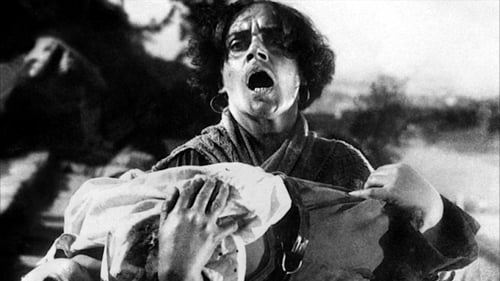
帝政に対する不満が頂点に達し、反乱を起こす水兵たち。やがてそれは軍隊による民衆の大虐殺へと発展していく。乳母車が階段を落ちる“オデッサの大虐殺”シーンがあまりにも有名な巨人セルゲイ・M.エイゼンシュテイン監督の大傑作。
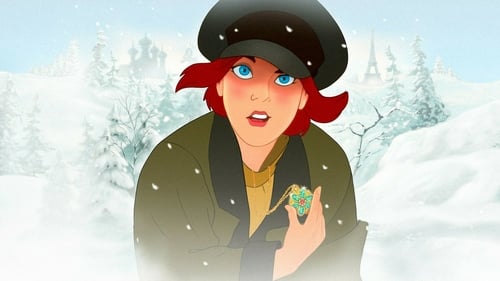
ロシア、ロマノフ王朝の皇女アナスタシアを巡る謎をファンタジックな映像で綴る。声の出演にメグ・ライアン、ジョン・キューザック。宮殿で幸せな日々を送っていた少女アナスタシア。しかし邪悪な魔法使いラスプーチンが皇帝一家にかけた呪いによりロシア革命が勃発。混乱の中、アナスタシアはひとり取り残されてしまう。
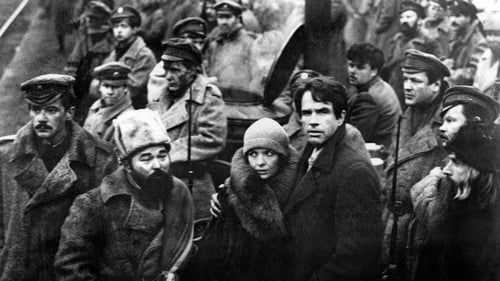
An account of the revolutionary years of the legendary American journalist John Reed, who shared his adventurous professional life with his radical commitment to the socialist revolution in Russia, his dream of spreading its principles among the members of the American working class, and his troubled romantic relationship with the writer Louise Bryant.
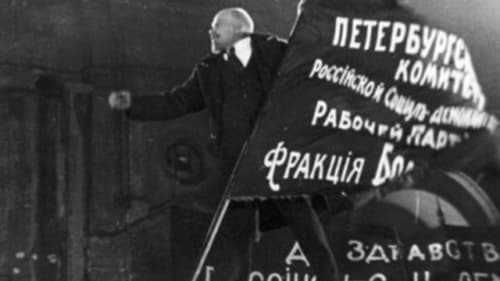
Sergei M. Eisenstein's docu-drama about the 1917 October Revolution in Russia. Made ten years after the events and edited in Eisenstein's 'Soviet Montage' style, it re-enacts in celebratory terms several key scenes from the revolution.

Old Prof. Preobrazhensky and his young colleague Dr. Bormental inserted the human's hypophysis into a dog's brain. A couple of weeks later, the dog became "human looking". The main question is "Is anybody who is looking like a man, A REAL MAN?"
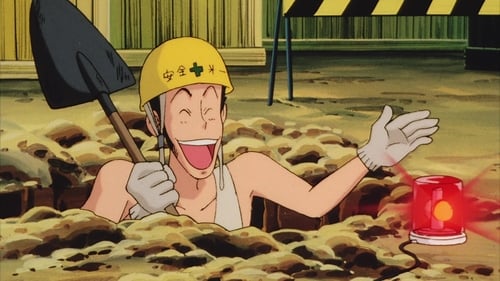
1917年の旧ロシア帝国、ロマノフ朝の最後の皇帝ニコライ2世が保有していた1,240トンもの金塊。その保有量は、当時としてはアメリカに次ぐ世界第2位を誇っていた。ところが、ロシア革命勃発直後に500トンもの金塊が流出していたのであった。ニューヨーク市立図書館でロマノフ朝に関する本を借りに来たルパンは、その本がニューヨークのスラム街で暮らすジュディという女のもとにあることを知る。同じくその本を狙うラッキーとビッグマウス・ジョーのコンビからの追撃を受け、本は奪われてしまったものの、本の最後のページに記された暗号を解読した結果、ルパンは金塊がテキサス州にある「バンク・オブ・リバティー」、別名「バンク・オブ・バンディッツ」の地下金庫に隠されていることをつきとめる。
![ザ・キーパー[監禁]](https://moviedb.kr/index.php/image/w500/nmod2e4pk83mjojKJBqhsf3oNvj.jpg)
Zurich, 1905. 19-year-old Russian Sabina Spielrein is put by her parents in a psychiatric hospital, suffering from a severe form of hysteria and refusing to eat. A compassionate doctor, Carl Gustav Jung, takes her under his care and, for the first time, experiments with the psychoanalytical method of his teacher Sigmund Freud. Thus is born a sweeping story of love and passion, of body and soul, soaring to the utmost heights, but also plunging to the darkest depths of the 20th century.
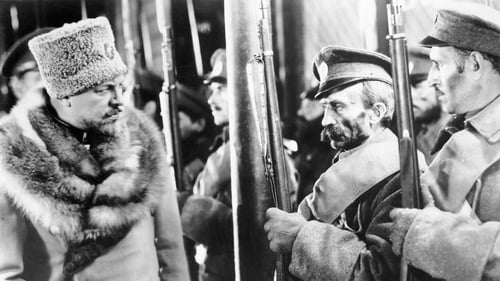
A former Imperial Russian general and cousin of the Czar ends up in Hollywood as an extra in a movie directed by a former revolutionary.
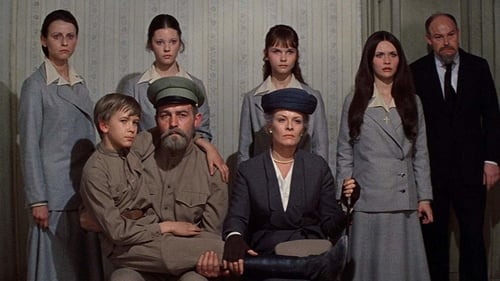
ロマノフ家滅亡の悲劇を描いた名作。怪僧“ラスプーチン”によってしだいに滅亡へと向かうロシア皇帝とその皇后の物語で、主演マイケル・ジェイストンらの熱演が光る。第44回アカデミー賞2部門受賞。
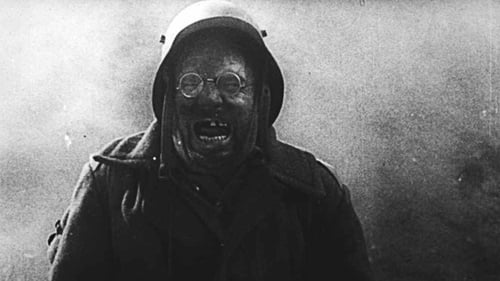
A soldier returns to Kyiv after surviving a train crash and encounters clashes between nationalists and collectivists.

Dziga Vertov-directed Soviet newsreel made to commemorate the first anniversary of the death of Vladimir Ilich Lenin (21st January 1924 - 1925) drawn from 'The Final Journey', a Pravda feuilleton written on the occasion of Lenin's funeral by the man who had introduced Vertov to cinema, Mikhail Koltsov. Contains: First anniversary of Lenin's death: 1. Assassination attempt on Lenin and Soviet Russia's progress under his leadership / 2. Lenin's illness, death and funeral / 3. The year after Lenin's death

Story of Anna Anderson, who claimed to be Anastasia Romanov, the only surviving daughter of the Czar and Czarina of Russia.
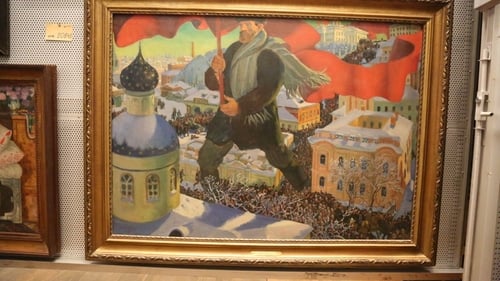
Drawing on the collections of major Russian institutions, contributions from contemporary artists, curators and performers and personal testimony from the descendants of those involved, the film brings the artists of the Russian Avant-Garde to life. It tells the stories of artists like Chagall, Kandinsky and Malevich - pioneers who flourished in response to the challenge of building a new art for a new world, only to be broken by implacable authority after 15 short years and silenced by Stalin's Socialist Realism.

Starting in 1881 this film shows the personal battle between Lenin's Ulyanov family and the royal Romanovs that eventually led to the Russian revolution.

Russia, 1917. After the abdication of Czar Nicholas II Romanov, the struggle for power confronts allies, enemies, factions and ideas; a ruthless battle between democracy and authoritarianism that will end with the takeover of the government by Vladimir Lenin and the Bolsheviks.
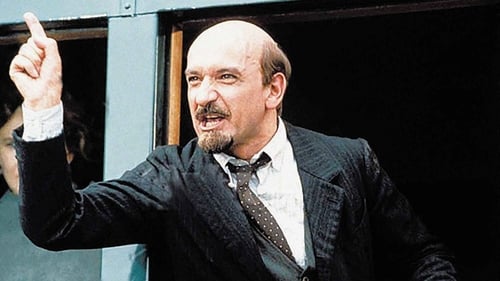
March/April 1917. The first world war is already a couple year to pace. A sealed train with Russian emigrants keeps on driving from Zürich Germany and Sweden to Sint-Petersburg. The outlaws stand under the guidance of Vladimir J. Lenin. Two senior officers support the revolutionary bomb "to ensure that everything runs smoothly. Yet there are some unpleasant clashes between Socialists and enthusiastic workers who are worried about the war. During train travel there comes an end to Lenin's affair with the gracious Inessa, and his wife Nadja is prepared take back him. The triumphant entrance in St. Petersburg will exceed all expectations....

1918 year. A woman commissar has been appointed from the Central Committee of the Bolshevik Party to the Russian warship Gromoboi, which is ruled by anarchist sailors. The leader of the ship is the anarchist Vozhak. The Commissioner was instructed to reorganize the naval detachment into the First Sailor Regiment. She faces a difficult task: to win the authority of the sailors and eradicate anarchy. Of the remaining officers on the ship — lieutenant Bering, who served in the tsarist fleet on the battleship "Emperor Paul I". He must become the commander and, together with the sent commissar, lead the regiment to the front in the Black Sea region.

Dziga Vertov-directed Soviet newsreel covering: Up the Eiffel Tower in Paris / Moscow / Auto race Petrograd – Moscow / Aspects of everyday Soviet life / Peasant from Jaroslavl' visiting Moscow / Ceremonial introduction of a newborn into a workers' collective

「アート・アニメーションの神様」として世界中のアニメーターたちから尊敬を集めるロシア人アニメーター、ユーリー・ノルシュテイン監督が1968年に発表したデビュー作。美術監督のアルカージィ・チューリンとの共作で、1920年代のロシア・アバンギャルドアートに着想を得て、ロシア革命で権力者たちが怒れる民衆に打ち倒される姿を鮮烈に描き出す。画家ジョルジュ・ブラックや詩人ウラジミール・マヤコフスキーら熱き時代のアーティストたちの作品をモチーフに、戦いに身を投じた人々の想いを再現した。
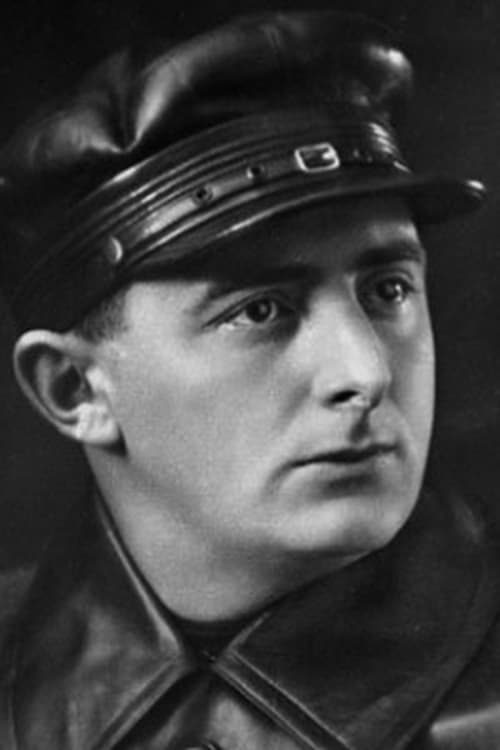







![ザ・キーパー[監禁]](https://moviedb.kr/index.php/image/w500/nmod2e4pk83mjojKJBqhsf3oNvj.jpg)










